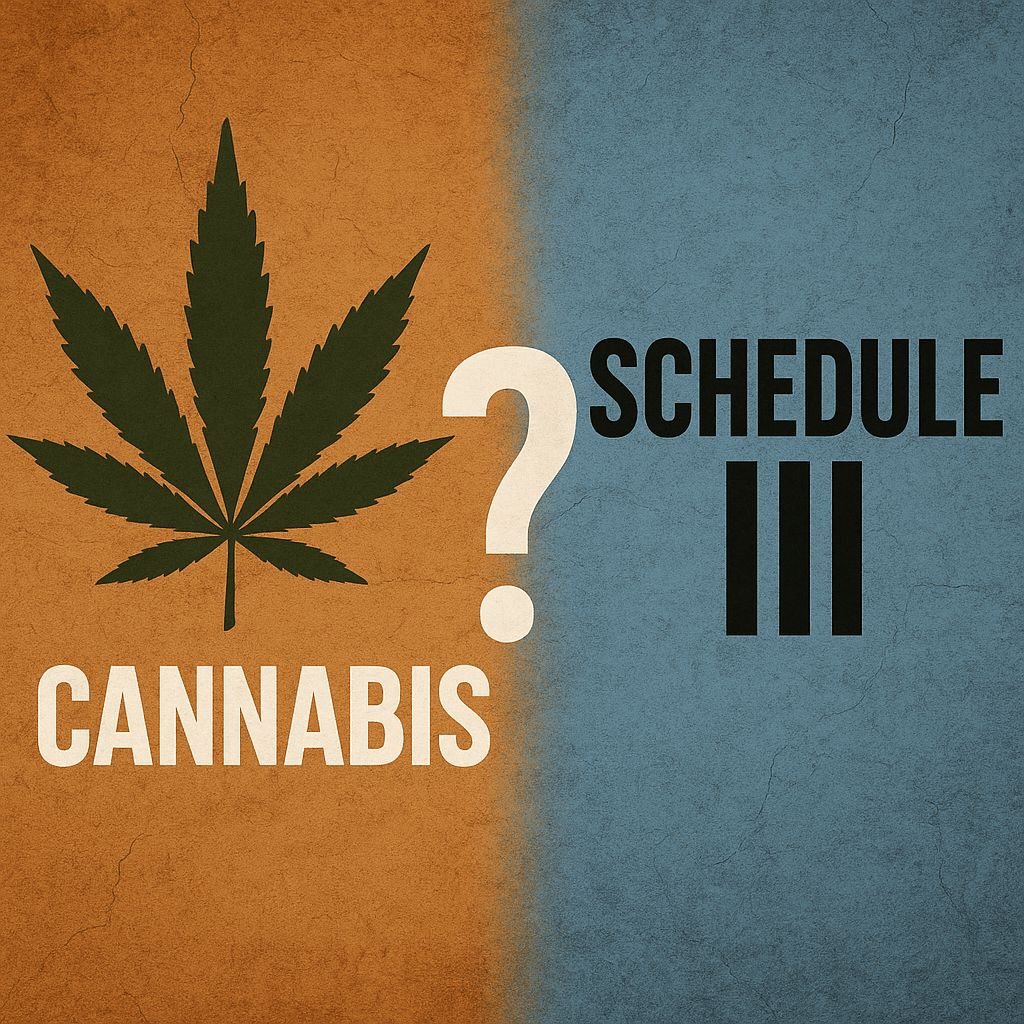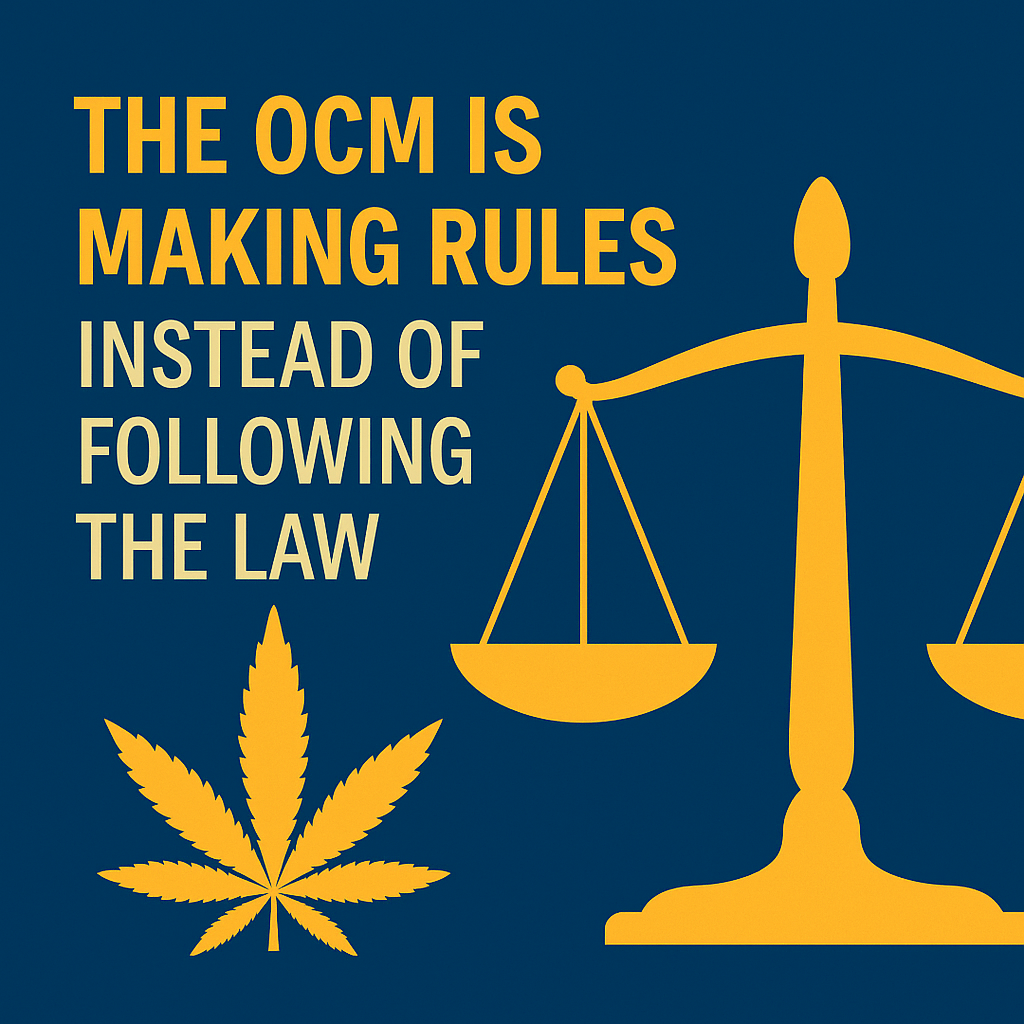Minnesota hemp businesses are staring down some of the most restrictive, costly, and unfair regulations in the nation. While state regulators claim these changes bring “oversight,” what they are really doing is creating artificial shortages, increasing costs, and undermining the competitive position of small hemp businesses.
We are rallying hemp beverage companies, edible manufacturers, wholesalers, and allied businesses to raise funds to challenge these rules in court. If left unchecked, these regulations will damage not only Minnesota’s hemp economy but also access for consumers.
1. Forced In-State Testing Creates Delays and Higher Costs
Under the new OCM rules, all hemp-derived products manufactured in Minnesota must be tested in Minnesota by a state-licensed cannabis testing laboratory.
Importantly, even products made here cannot use trusted out-of-state labs with faster turnaround and lower costs—they are locked into Minnesota’s limited system.
This is a major problem because:
-
Minnesota does not have enough testing labs to handle the expected volume of hemp beverages, edibles, and concentrates.
-
Turnaround times will slow dramatically, delaying product launches and restocks, and creating supply bottlenecks.
-
Costs will rise, since limited lab competition drives up prices, and businesses will have to pass these costs on to consumers.
Instead of promoting safety, this system creates red tape, bottlenecks, and unnecessary financial strain on small hemp businesses.
2. Supplier Disclosure Requirement: A Threat to Trade Secrets
Minnesota’s new mandate requires hemp beverage and edible companies to list all licensed cultivators, processors, manufacturers, and suppliers (including emulsion and edible providers) by name and license number directly on product packaging.
While intended as a transparency measure, this rule is deeply concerning for several reasons:
1. Supply Chains Are Intellectual Property
Companies invest years of resources into developing reliable, high-quality, and cost-effective supply chains. Forcing public disclosure of suppliers effectively hands competitors a roadmap to replicate or undercut those operations. Supply chain partnerships are not simply logistics—they are core business assets and a competitive advantage.
2. No Tangible Public Benefit
Consumers already have access to compliance reports, safety testing, and certificates of analysis (COAs) that ensure product quality and safety. Requiring supplier names and license numbers on packaging adds no meaningful value for consumers, but creates significant risk for businesses.
3. Anti-Competitive Consequences
Publicly revealing suppliers exposes businesses to:
-
Competitors poaching or negotiating with disclosed suppliers.
-
Out-of-state companies using the information to destabilize local supply chains.
-
Loss of differentiation in a rapidly growing, competitive market.
4. Conflict with Trade Secret Protections
We believe this requirement undermines established principles of trade secret law. Businesses should not be forced to reveal proprietary supply chain relationships as a condition of doing business. True transparency comes from testing, compliance, and regulatory oversight—not the compelled disclosure of competitive advantages.
In short: This is not transparency. It is forced disclosure, and it sets a dangerous precedent for Minnesota businesses.
3. A Burden Too Heavy for Small Businesses
Beyond these two major issues, Minnesota’s hemp rules add unnecessary layers of cost and complexity:
-
Wholesalers face $10,000 annual licensing fees.
-
Retailers must register with local governments and pay additional fees, on top of their state licensing requirements.
-
Import restrictions prevent Minnesota businesses from sourcing concentrates competitively across state lines, creating scarcity and inflated costs.
These burdens don’t make hemp safer. They make hemp harder to produce, more expensive to sell, and less accessible for consumers.
4. Who Gets Hurt? Everyone but Big Corporations
-
Local Minnesota businesses – forced to pay higher costs, wait longer for lab results, and disclose their supply chain secrets.
-
Out-of-state businesses – shut out of the Minnesota market by import restrictions and labeling requirements.
-
Consumers – facing fewer options and higher prices on hemp beverages and edibles.
The only entities that benefit from this system are large corporations with deep pockets that can absorb delays, legal costs, and compliance burdens.
5. Why We Must Act
This is why we are organizing to raise money to sue the State of Minnesota. These regulations are anti-competitive, protectionist, and potentially unlawful. We believe they violate both the spirit of the Farm Bill and the principles of fair business practice.
Minnesota hemp businesses deserve a fair, competitive market—not one controlled by artificial shortages, costly bottlenecks, and forced disclosure of trade secrets.
👉 We need all hemp beverage companies, edible manufacturers, wholesalers, and allies to stand with us.
👉 Donate, share, and support this movement.
👉 Together, we can protect hemp’s future in Minnesota.
If you are interested in joining the fight, please email us at policy@nothingbuthemp.net.
We plan on getting together next week to build a plan to sue the State of Minnesota and the OCM.







































